
Is Green Tea Really for Everyone? Discover Who Should Limit This Health Drink!
Green tea is widely known for its numerous health benefits, from improving metabolism to boosting brain function. But did you know that overconsumption or improper use of green tea can lead to potential health risks? While green tea has incredible antioxidant properties, it may not be the best choice for everyone. In this blog, we’ll explore who should be cautious about drinking green tea and why moderation is key.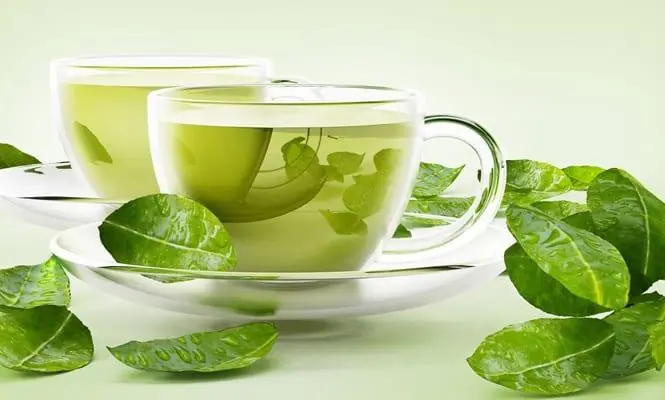
1. Potential Drawbacks of Green Tea:
1.1. Digestive Discomfort:
Although many people enjoy green tea without issues, some might experience digestive problems. Consuming concentrated green tea extracts or overly strong brews can lead to:
-
Stomach pain
-
Nausea
-
Constipation
If you have a sensitive stomach, it’s recommended to drink green tea after meals to minimize irritation and prevent discomfort. Avoid drinking it on an empty stomach, as it can lead to digestive issues.
1.2. Increased Blood Pressure and Heart Rate:
Green tea contains caffeine, which can temporarily raise blood pressure and heart rate. Excessive caffeine intake may cause symptoms such as:
-
Headaches
-
Restlessness
-
Insomnia
Healthcare experts recommend limiting caffeine consumption to 400 mg per day, which equals about 8 to 10 cups of strong green tea. Consuming more than this amount can lead to unwanted side effects, particularly for those sensitive to caffeine.
1.3. Impact on Sleep:
Green tea’s caffeine content can interfere with sleep quality, particularly if consumed later in the day. Drinking green tea in the afternoon or evening may cause:
-
Insomnia
-
Increased anxiety
If you struggle with sleep issues, it’s best to avoid drinking green tea after 4 PM to ensure a restful night.
1.4. Reduced Iron Absorption:
The catechins in green tea are potent antioxidants, but they can also inhibit iron absorption from food. This is especially concerning for people with iron deficiency, as it may exacerbate the risk of anemia.
To avoid this, drink green tea at least 1-2 hours away from meals, particularly if you're at risk of iron deficiency. Consult your doctor for advice on iron supplementation if needed.
1.5. Liver Damage Risk:
Though rare, green tea extracts, especially when taken in high doses, can cause liver damage. Individuals with certain genetic variants may be more susceptible to liver stress, leading to symptoms such as:
-
Fatigue
-
Yellowing of the skin (jaundice)
-
Dark urine
-
Pain in the upper right side of the abdomen
If you have a history of liver disease, it’s essential to consult with a healthcare professional before consuming green tea or its extracts regularly.
1.6. Drug Interactions:
Green tea can interfere with the effectiveness of various medications by altering drug levels in the bloodstream. Be particularly cautious if you’re taking:
-
Beta-blockers (for heart conditions)
-
Blood thinners (increase bleeding risk)
-
Cholesterol-lowering drugs
-
Antidepressants
-
Osteoporosis medications
Always check with your doctor before adding green tea to your daily routine, especially if you’re on long-term medication.
2. Who Should Limit Their Green Tea Intake?
While green tea is generally safe for most, some individuals should exercise caution. You should limit green tea if you:
-
Have iron deficiency anemia
-
Suffer from liver disease
-
Are pregnant or breastfeeding (due to caffeine content)
-
Are sensitive to caffeine (commonly found in people with anxiety, sleep disorders, or heart conditions)
Additionally, green tea extracts aren’t strictly regulated by the FDA, so it's important to be cautious when consuming supplements containing green tea extract.
3. How Much Green Tea Is Safe to Drink?
For most healthy adults, consuming green tea daily is safe and beneficial. However, it’s crucial to stick to a moderate amount. Experts recommend limiting your caffeine intake to 400 mg per day, which is equivalent to about 4-5 cups of green tea.
If you’re dealing with health conditions like heart disease, high blood pressure, liver disease, anxiety, or depression, it’s best to limit your intake further and consult your doctor.
Conclusion:
Green tea can be a powerful tool for improving health, but like all good things, moderation is key. Drinking too much, particularly in concentrated extract form, can harm your liver, digestive system, and heart health, as well as interfere with iron absorption. Make sure to maintain a balanced intake and seek professional guidance if you have underlying health issues or take long-term medication.
For a healthy and energizing boost, enjoy green tea in moderation, and always prioritize your well-being with a mindful approach to its consumption.
News in the same category


Don’t Throw Them Away! These 5 Fruit Peels Can Repel Mosquitoes and Make Your Home Smell Amazing

Discover the Power of Voi Leaves – Boost Your Health Naturally!

Millions of people use bath towels but don’t know the “secret” behind this tiny border

12 Silent Signs Your U.terus Is Begging for Help

The Hidden Meaning Behind Wearing a Ring on Your Thumb — Few People Know This

What Does It Mean When Someone Who Has Pas:sed Away Appears In Your Dream

Why Do Some Windows Have "Belly Bars"?

Experts Are Shedding Light on the ‘De.ath Rattle’ Phenomenon Before Passing
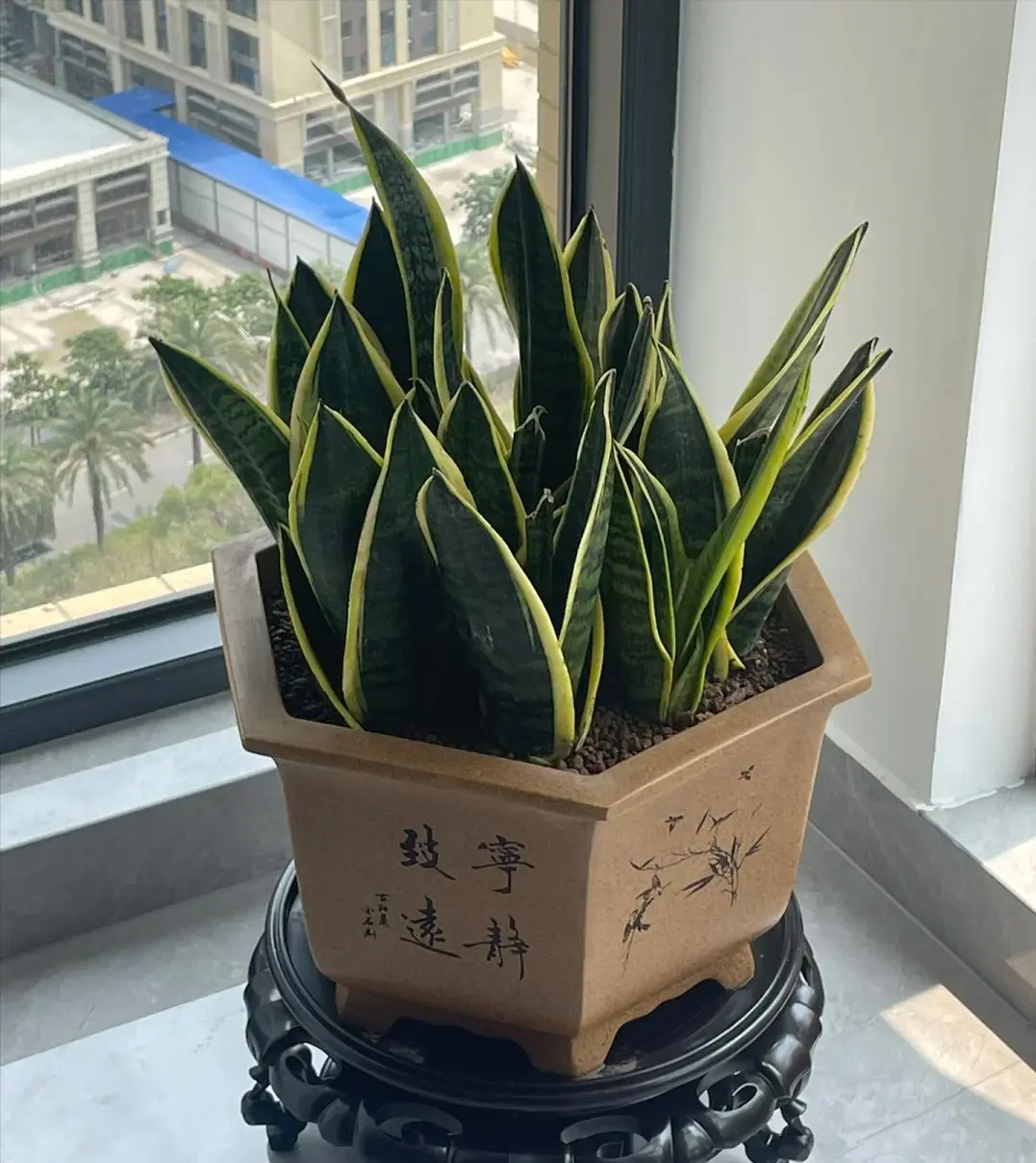
Snake Plant – Feng Shui Symbol or Silent Trap? 4 Reasons to Think Twice

Group A Vegetables Linked to Can.cer Experts Warn to Stop Eating Them Immediately

“The Poor Shouldn’t Buy a House on the 2nd Floor, and the Rich Shouldn’t Live on the 18th”

Take Charge of Your Health – Exercise Your Way to a Can.cer-Free Future!
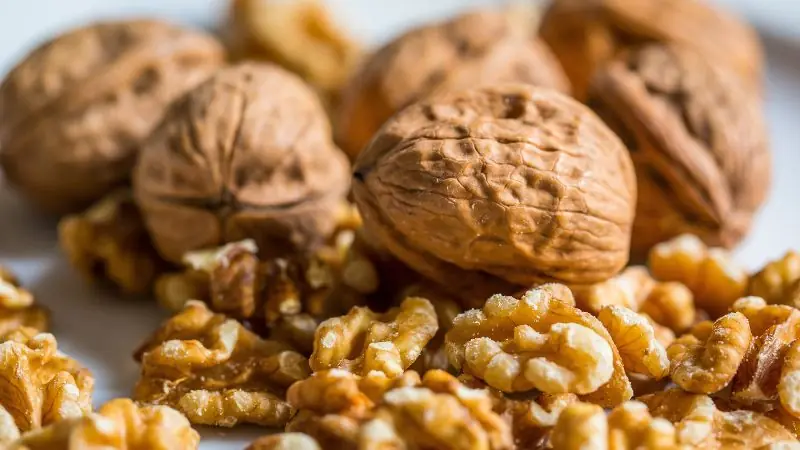
Discover the Secret Omega-3 Nut That Can Naturally Lower Bloo.d Lipids & Improve Heart Health
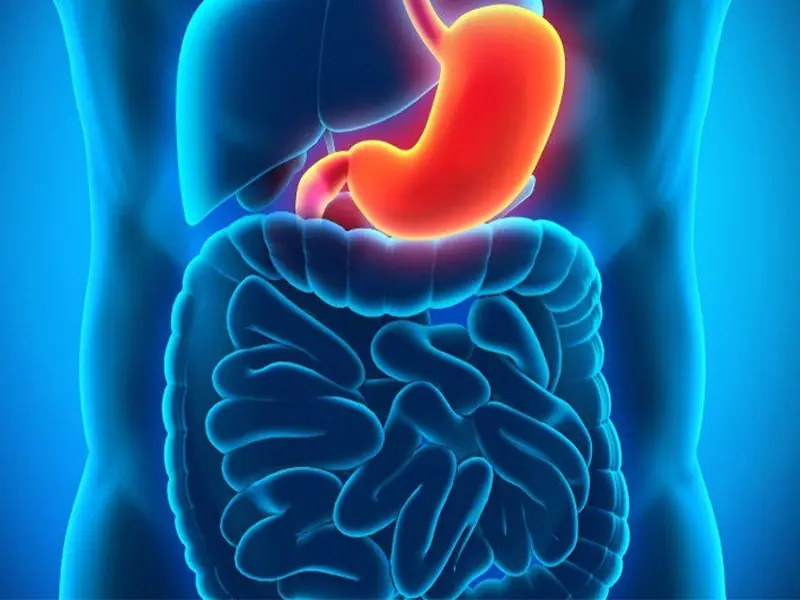
Stop Eating These 3 Foods That Are Secretly Des.troying Your Sto.mach Health

Why do women cross their legs when sitting?

The story behind the tiny pocket on your jeans

The Secret Language Between Flight Attendants and Pilots That Most Passengers Don’t Understand

Is Drinking Lemon Water Good or Bad for Your Kid.neys?
News Post

How to Use Onion to Get Rid of Pests:

Don’t Throw Them Away! These 5 Fruit Peels Can Repel Mosquitoes and Make Your Home Smell Amazing

Two everyday seasonings many people use are “catalysts” for thy.roid can.cer
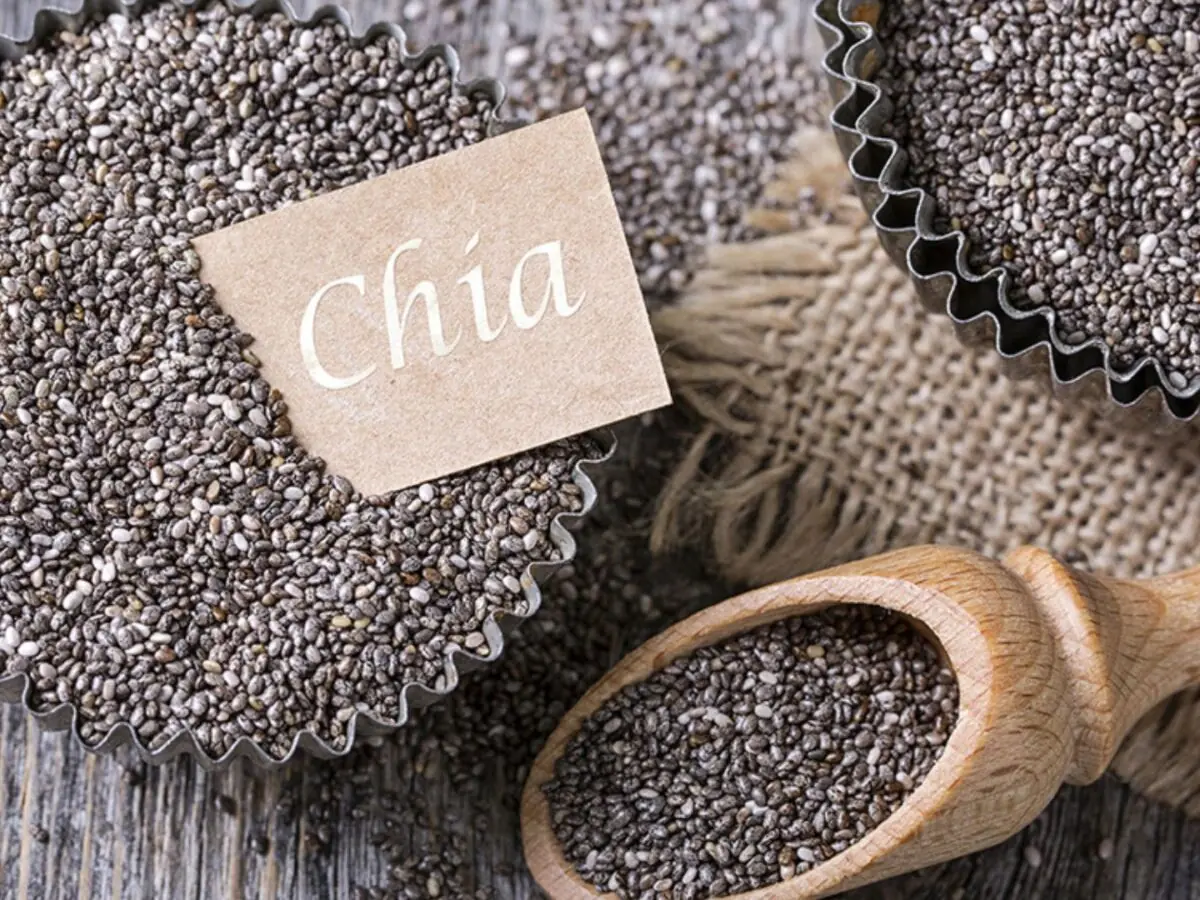
The Tiny Superfood That Can Help Lower Bloo.d Pressure: Discover the Power of Chia Seeds

Unlock the Hidden Power of Banana Peels: Amazing Health Benefits You Need to Know

15 Hidden Warning Signs of Can.cer You Should NEVER Ignore—Spot Them Early!

The Heart-Boosting Secret: How Eating Eggs Daily Could Help You Live Longer

6 Delicious Foods Packed with Collagen for Healthier Skin & Joints: Boost Your Glow Naturally!

5 Secret Eating Habits for Glowing Skin This Fall & Winter: You Won't Believe How Simple It Is

Millions of people use bath towels but don’t know the “secret” behind this tiny border

The 5-Minute Kitchen Hack for a Brighter Smile

12 Silent Signs Your U.terus Is Begging for Help

Doctors Reveal: Eating Okra May Cause Unexpected Health Effects

Stop Sleeping on Your Right Side — Here’s Why It’s Hurting You

THE PAPAYA LEAF HAIR MIRACLE: The Ancient Secret That Triggers Extreme Hair Growth Most People Ignore!
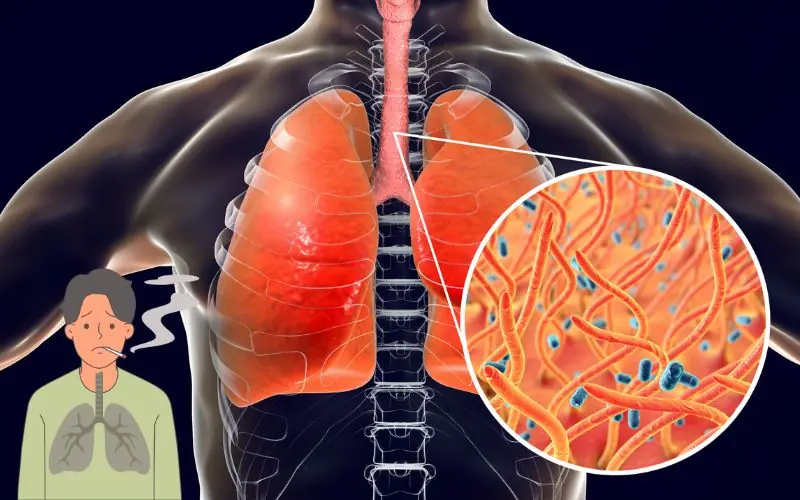
The 3-Day L.ung Reset: The Ancient Onion Remedy That Melts Mucus, Calms Coughs, and Clears Your Ch.est Naturally

People with weak hearts and heart disease often have difficulty avoiding these 5 "strange" feelings when sleeping at night!

Affordable Local Fruits and Vegetables That Reduce Blood Fat
